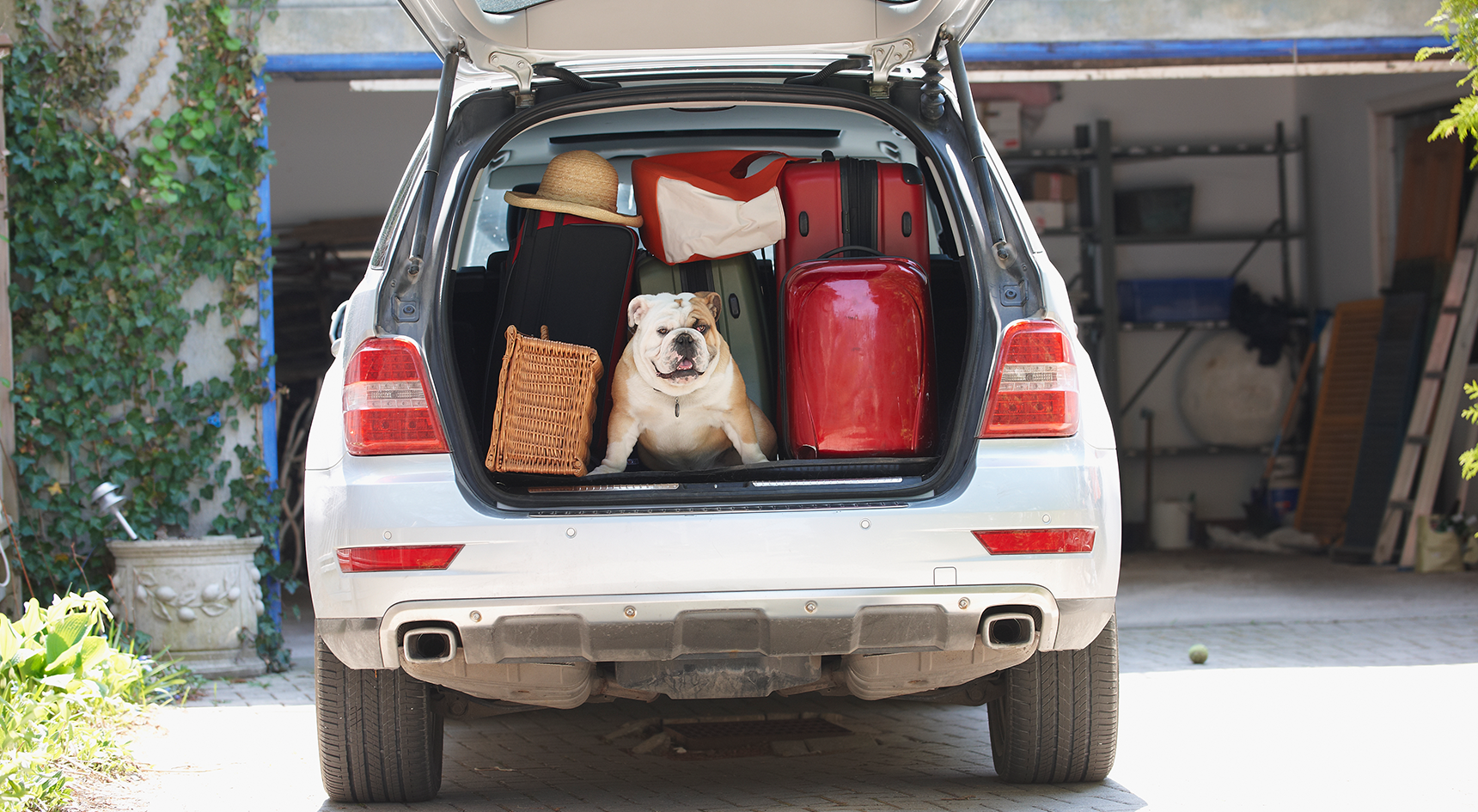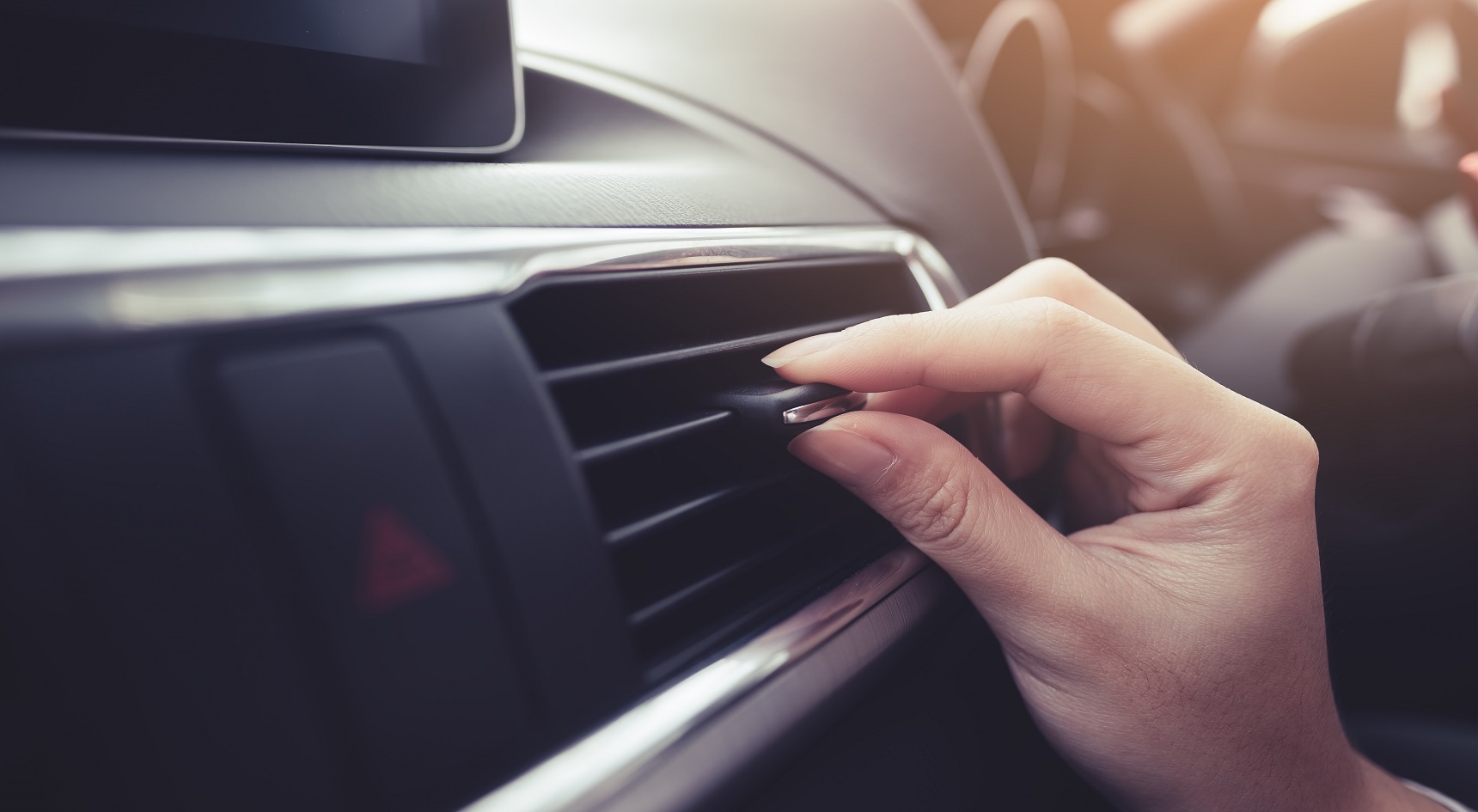5 surprising ways you’re wasting fuel

As the price at the bowser reaches a record-high, every drop and cent counts. That’s why we’ve put together a list of ways your car might chew through fuel quicker than it should, and tips on how to avoid it.
1. Carrying extra weight
No, we’re not talking about the few kilos worth of chocolate you ate during Easter. Pop your car’s boot and have a look inside; you may be surprised by how much junk is in your trunk. Ask yourself if you really need all that Peppa Pig memorabilia crammed into the boot to whip out for sudden toddler tantrums.
If you want to save some pennies for your piggy bank, you might want to leave Peppa and her friends at home.
It’s not just what goes in your car that can be a fuel-guzzler. Adding a roof rack and placing items up there can create a lot of aerodynamic drag. To avoid this, some roof racks can be easily removed when they’re not being used.
Speaking of weight, your tyres carry the weight of the entire car and passengers. That’s why it’s important to check your tyre pressure regularly to ensure there’s enough air.
Tip: Pack your car – not just your boot – with only necessary items. If you have wriggly children who need a distraction during long drives, choose a small selection of soft toys and books that don’t weigh a lot or take up much space. But remember, there are items that should always remain in your car, such as a spare tyre.

2. Running the air-con too often
Do you sleep with the fan on, even in the middle of winter? Chances are you also crank the air-con in the car on frosty days to avoid feeling too stuffy inside.
However, just as using air-con too often at home can hurt your back pocket, overusing it in your car can have an impact on your fuel tank. For instance, if it’s 25 degrees Celsius outside and you run the air conditioner at the same temperature, you can reduce fuel efficiency by up to 12%.
Tip: Roll down the window a smidge if you’re hot under the collar. Set your air-con at a reasonable temperature, and only use it when you need to cool the air below the outside temperature.

3. Excessive idling
Did you know motorists in Australia sit idle for as much as 20% of their driving time? But leaving a car’s engine running while stopped is, in fact, unnecessary nine out of 10 times. That’s according to the findings of a 2020 Transport Energy/Emission Research (TER) study.
According to the TER study, idling your car for more than 10 seconds uses more fuel than switching off the engine and starting it again when you’re ready to go. In fact, idling an average-sized vehicle for an hour could consume between one to two litres of fuel. That’s a hefty price for simply sitting in a running car at school pick-up or waiting for friends. And, of course, the bigger the car, the more fuel it’ll guzzle.
Tip: Idling can’t be helped in most cases – such as if you’re stuck in traffic – but consolidating trips and errands to limit running your car unnecessarily can help. If you do need to use your car regularly, avoid sitting idle warming the engine before hitting the road. Unless your car is old enough to have a carburettor, which is unlikely unless it’s at least 30 years old, modern cars actually don’t need to be warmed up contrary to popular belief.

4. Skipping a service
It’s important to have your car serviced regularly and adhere to the manufacturer’s service schedule. Repairers can check that your engine is running efficiently and performing as it should to ensure it’s not chewing through fuel faster than it should.
Skipping services could mean that faults might go undetected for long periods, and that’s going to mean a hit in the hip pocket fuel-wise – or even worse if the engine suffers damage from a poor servicing record.
Air, fuel filters, and spark plugs need to be replaced at certain intervals, these items can also have a significant effect on fuel consumption.
Tip: Pay attention to the sticker the repairer usually plasters to your front windscreen. This will tell you when your car’s next service is due. As a general guideline, most new cars should be serviced every 12 months or 10,000km – whichever comes first.
Did you know?
A vehicle can burn up to this much fuel if it’s not regularly serviced.
5. Using the wrong oil
Did you know using the wrong oil can affect a vehicle’s engine efficiency and durability?
So, which oil is best for your car? If your car is being serviced, the grade of oil used or added to your engine will be the responsibility of your repairer. They’ll use the grade recommended by the vehicle manufacturer.
Tip: If you’re topping up the oil yourself, check your owner’s manual for the correct grade and specification of engine oil required.
DO YOU NEED CAR ADVICE?
RAA members can call our free Car Advice Service for answers to their questions.
or call 8202 4689
Save on fuel
If you’re an RAA member, you can save 4 cents per litre on fuel at EG and Caltex Woolworths fuel and convenience stores across SA and Broken Hill.

